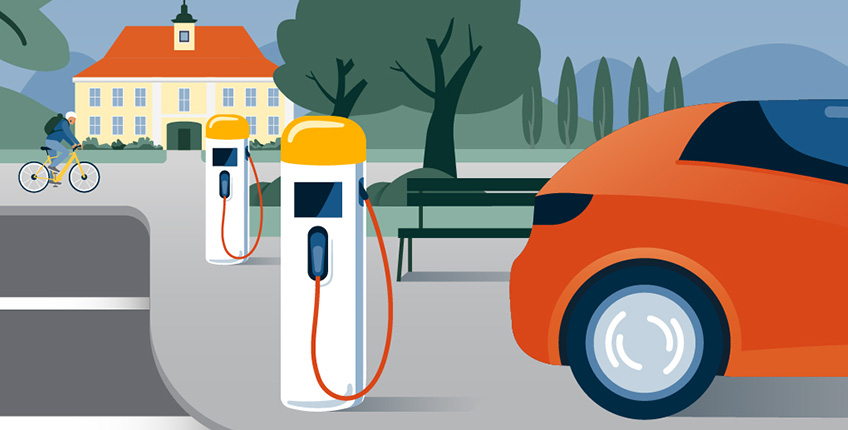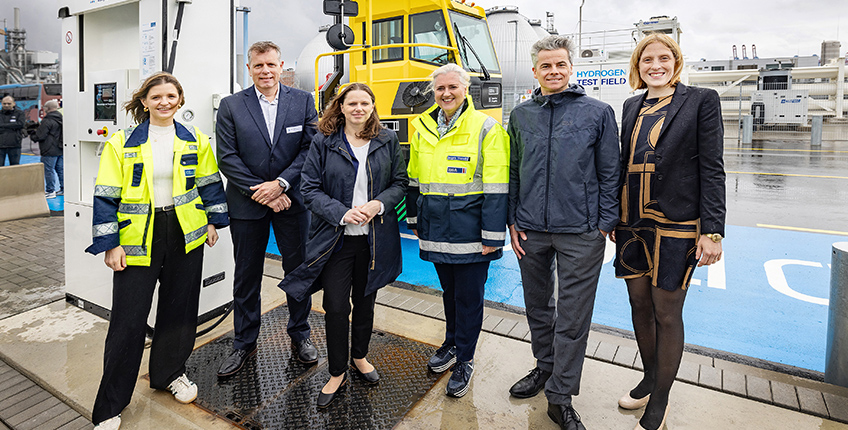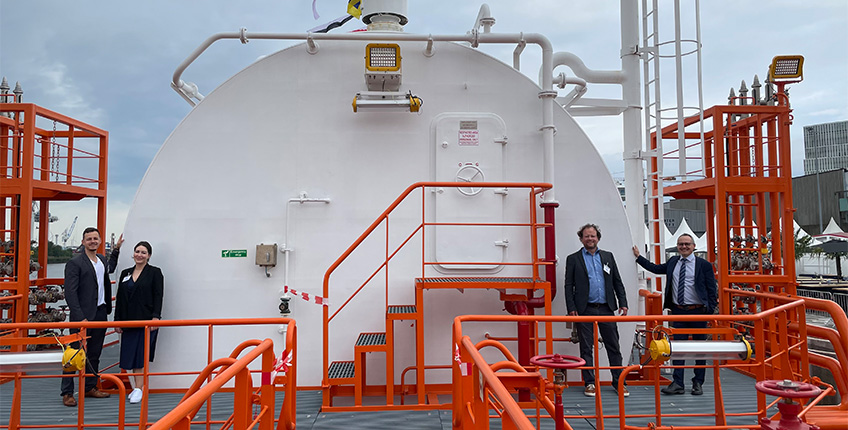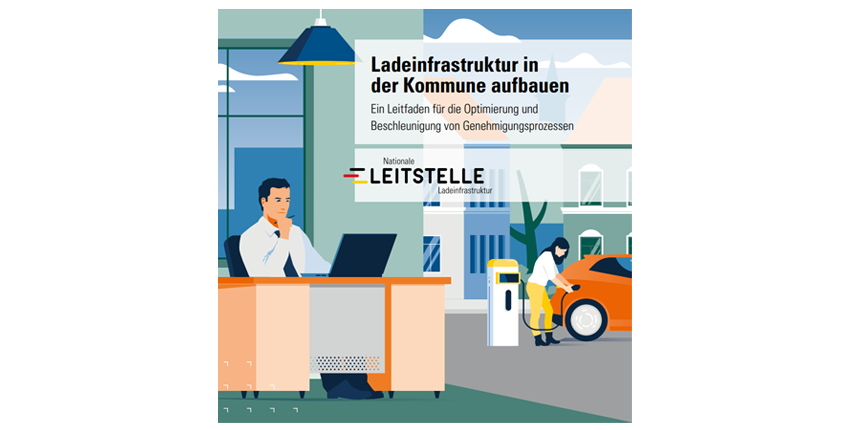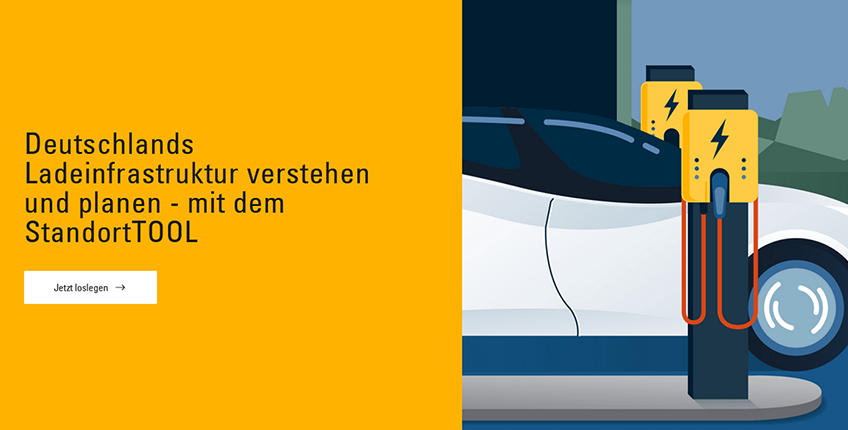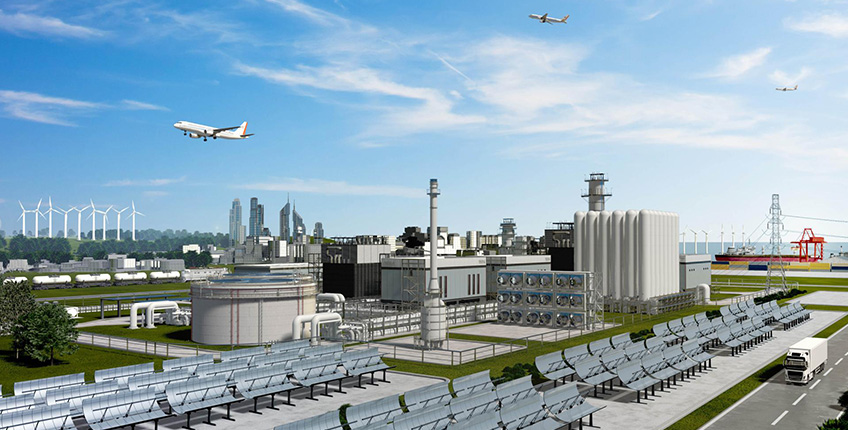Facts and figures on electric mobility: NOW provides information on two new websites
NOW GmbH is now publishing the latest facts and figures on the ramp-up of electric mobility at www.elektromobilitaetsmonitor.de. This information is supplemented by the new website www.elektromobilitaet-now.de, which brings together 15 years of NOW knowledge on the topic of battery-electric mobility.

Starting signal for the truck fast-charging network
Under the slogan ‘Power to the Road’, the Federal Minister Dr. Volker Wissing and Dr. Robert Habeck, together with the main network operators and the industry association BDEW, today officially launched the fast-charging network for trucks along federal motorways.
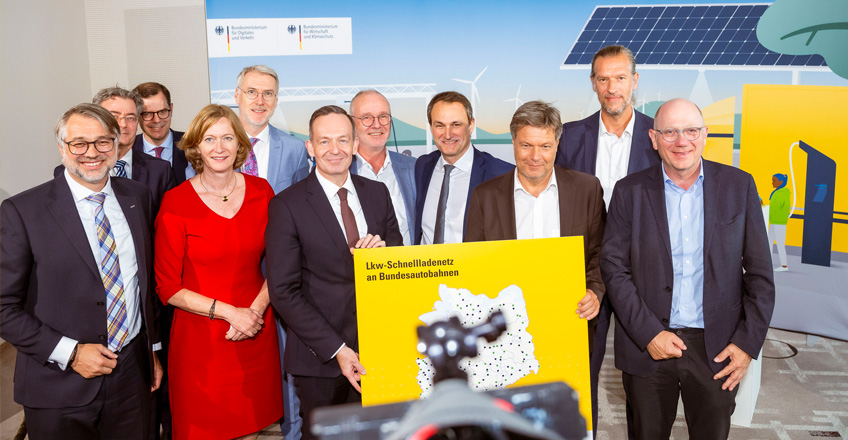
LISKON 2024: Wissing kicks off Deutschlandnetz campaign
Electric mobility for all: the Deutschlandnetz with 9,000 charging points is coming. Federal Minister Dr. Volker Wissing launches the campaign for the Deutschlandnetz at the LISKon Charging Infrastructure Conference 2024 (LISKon – Ladeinfrastruktur-Konferenz 2024).
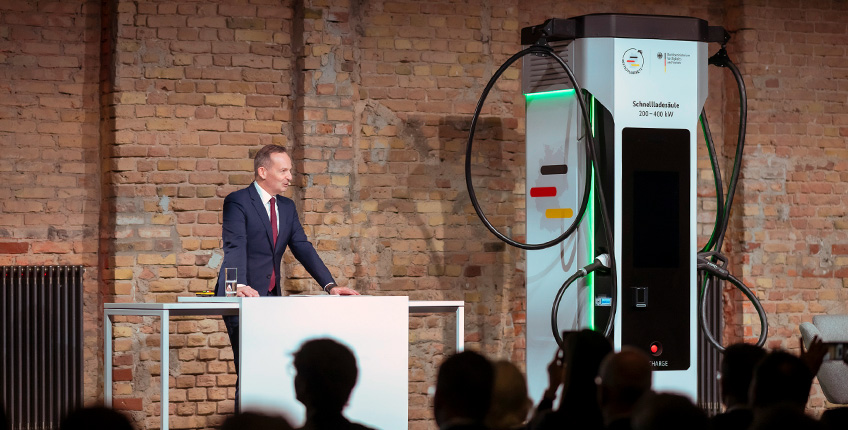
LadeLernTOOL: New online course focuses on the electrification of municipal vehicle fleets
The fifth course of the LadeLernTOOL – a digital learning platform for municipal employees – was published today. The e-learning tool from the National Centre for Charging Infrastructure supports municipalities in establishing charging infrastructure.
